![]() Mar 11 2025
Mar 11 2025
![]()
In the fight against plastic pollution and climate change, businesses and consumers are turning to innovative alternatives that prioritize sustainability without compromising functionality. Biodegradable sugarcane bagasse containers are emerging as a game-changer in the food packaging industry, offering a planet-friendly solution for restaurants, caterers, and eco-conscious households.
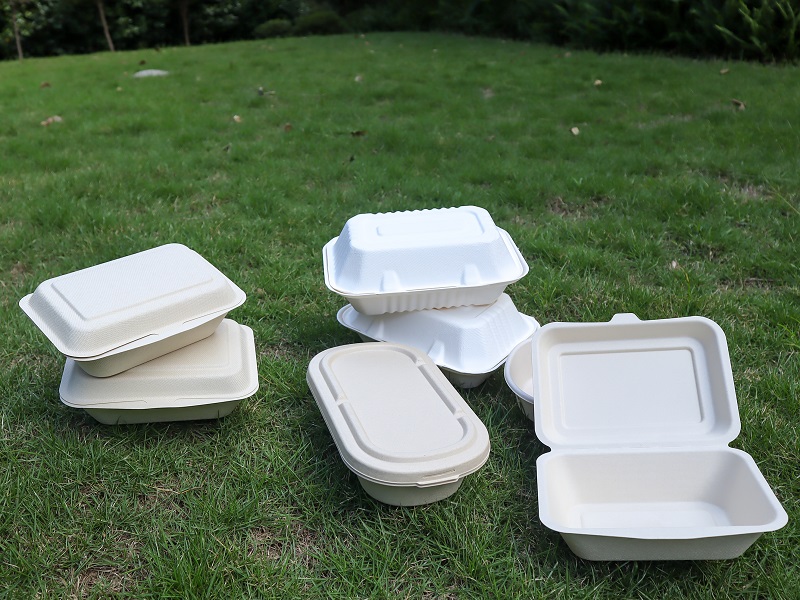
Sugarcane bagasse, the fibrous residue left after extracting juice from sugarcane stalks, is a rapidly renewable resource often discarded as waste. By repurposing this agricultural byproduct, manufacturers create sturdy, heat-resistant containers that decompose naturally, reducing landfill burden. Here’s how they outperform conventional options:
Zero Waste Lifecycle
Unlike plastic or Styrofoam, which linger for centuries, sugarcane containers break down in 90 days under composting conditions. They return nutrients to the soil, supporting circular economy principles.
Durability Meets Versatility
These containers withstand temperatures up to 220°F (105°C), making them ideal for hot soups, greasy foods, or microwave use. Their leak-resistant design ensures mess-free takeout and catering.
Carbon-Negative Production
Growing sugarcane absorbs CO₂, offsetting emissions generated during manufacturing. A 2023 study found that switching to bagasse packaging reduces a business’s carbon footprint by 35% compared to plastic.
From fast-casual restaurants to eco-conscious event planners, sugarcane bagasse containers are revolutionizing how we serve food:
Foodservice Providers: Replace single-use plastics with compostable clamshells, bowls, and trays for takeout.
Event Catering: Elevate sustainability at weddings or corporate events with elegant, leak-proof plates.
Home Use: Families can reduce household waste with freezer-safe and oven-friendly storage solutions.
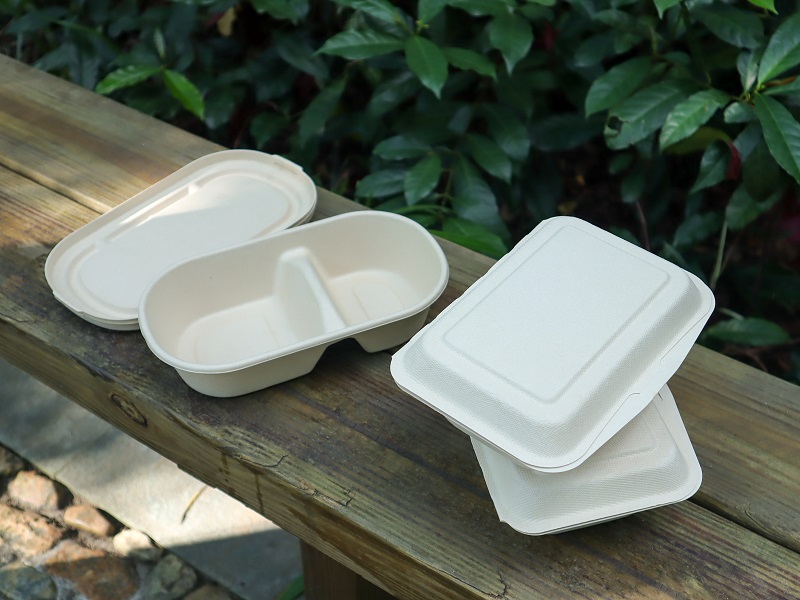
Harvesting: After sugarcane processing, leftover bagasse is collected.
Pulping: Fibers are cleaned, sterilized, and mixed with water to form a pulp.
Molding: The pulp is pressed into custom shapes (plates, containers) using heat and pressure.
Drying & Finishing: Products are sun-dried or machine-dried, ensuring no chemicals or coatings.
Cost-Effectiveness: While slightly pricier than plastic upfront, businesses save long-term through waste disposal reductions and eco-branding opportunities.
Composting Tips: Containers decompose best in industrial composting facilities. Home composters should shred them and maintain adequate moisture.
Global Availability: Brands like EcoGreen Olive now offer bulk purchasing and global shipping, making sustainable packaging accessible worldwide.
By switching to biodegradable sugarcane bagasse containers, businesses align with global sustainability goals like the UN’s 2030 Agenda while appealing to eco-aware customers. As governments ban single-use plastics—over 130 countries have enacted restrictions—adopting compostable alternatives ensures compliance and future-proofs operations.
PRODUCT CATEGORIES
![]() You May Also Like
You May Also Like
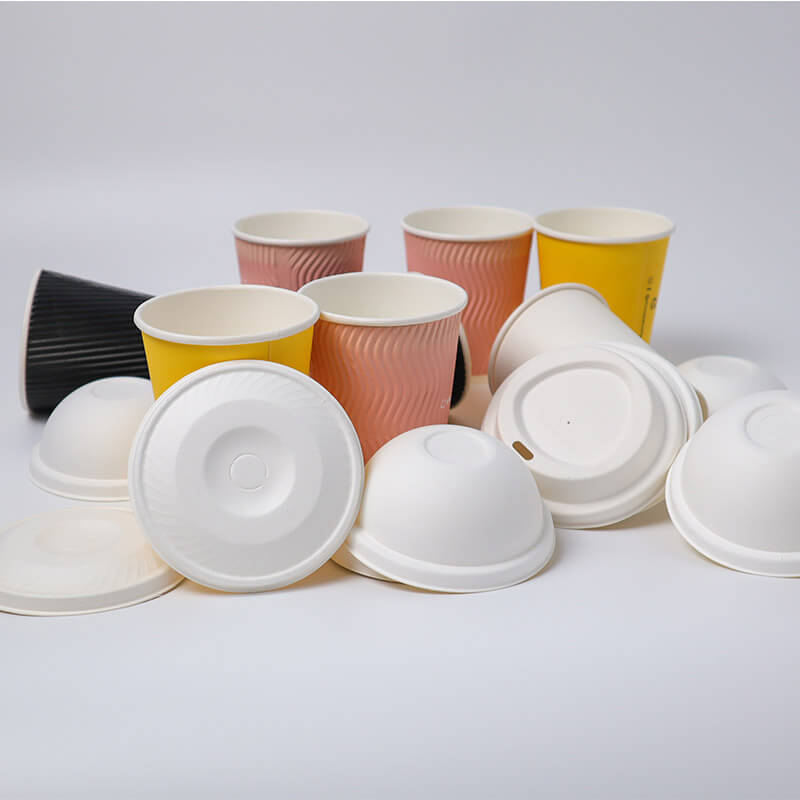
Custom Biodegradable Bagasse Pulp Cuplids, Coffee Paper Cup And Lids
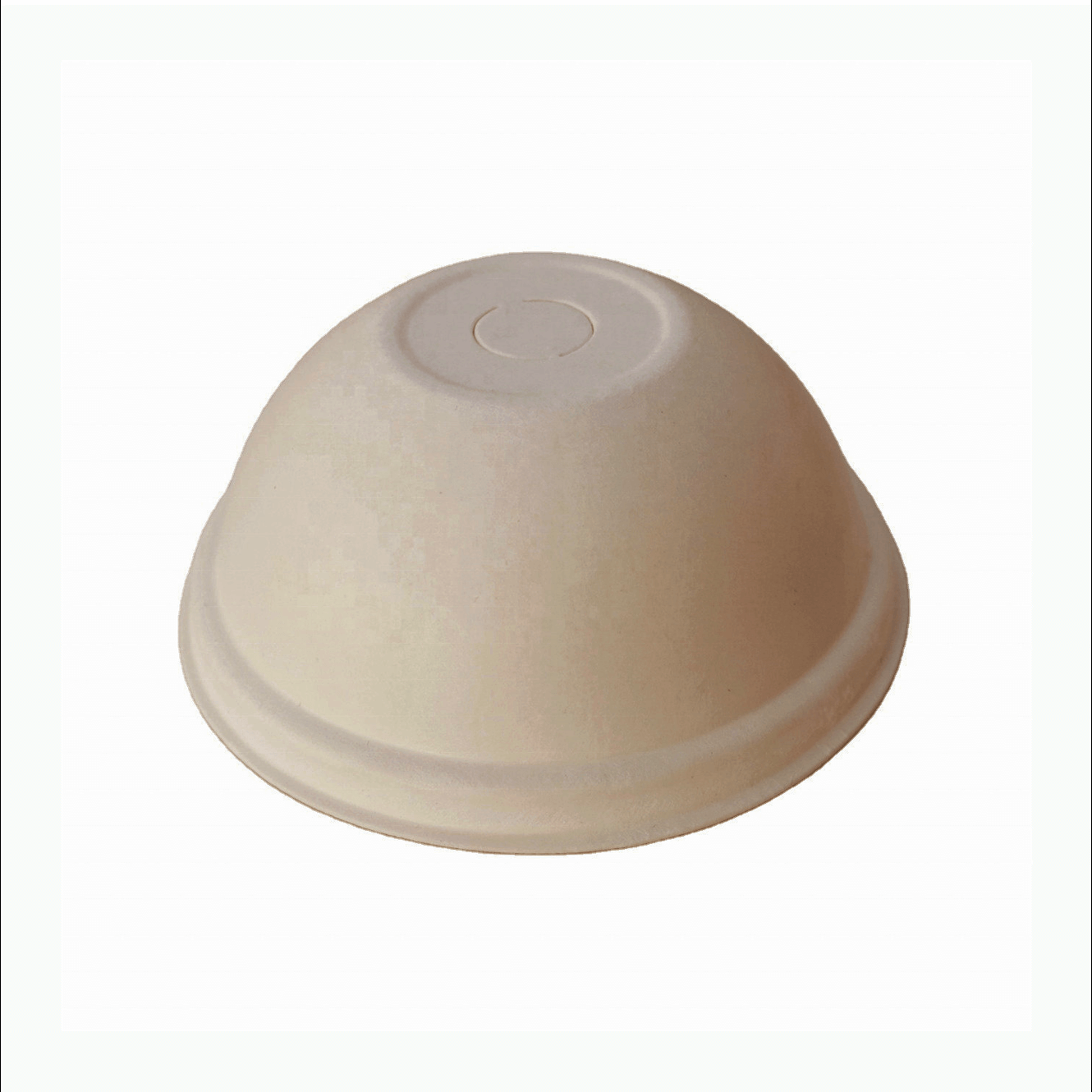
80mm Bagasse paper lid, dome shape, natural brown
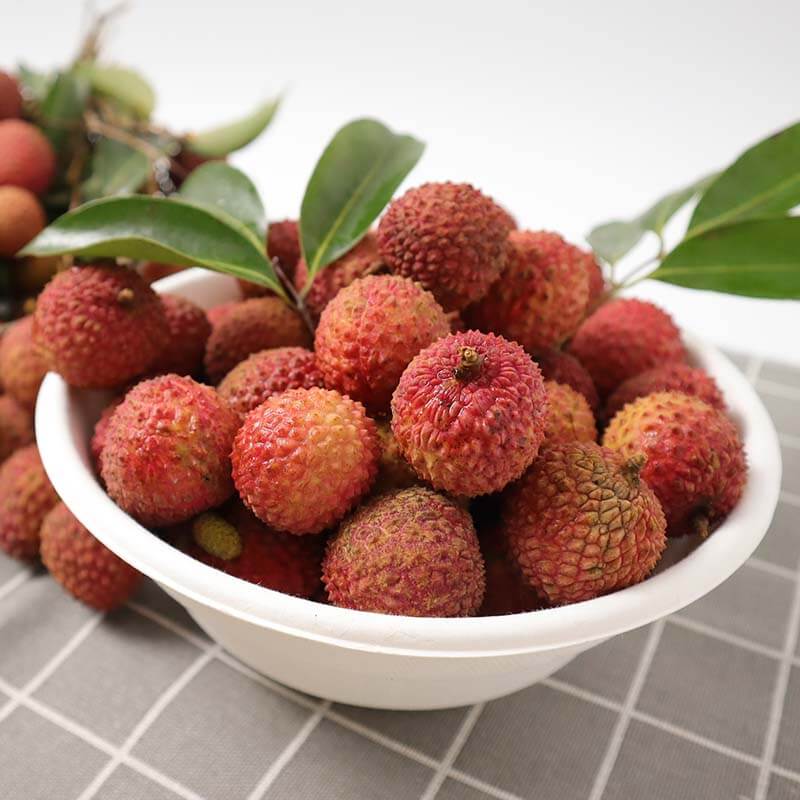
Wholesale Biodegradable Disposable Bagasse Salad Rice Fruit Bowl
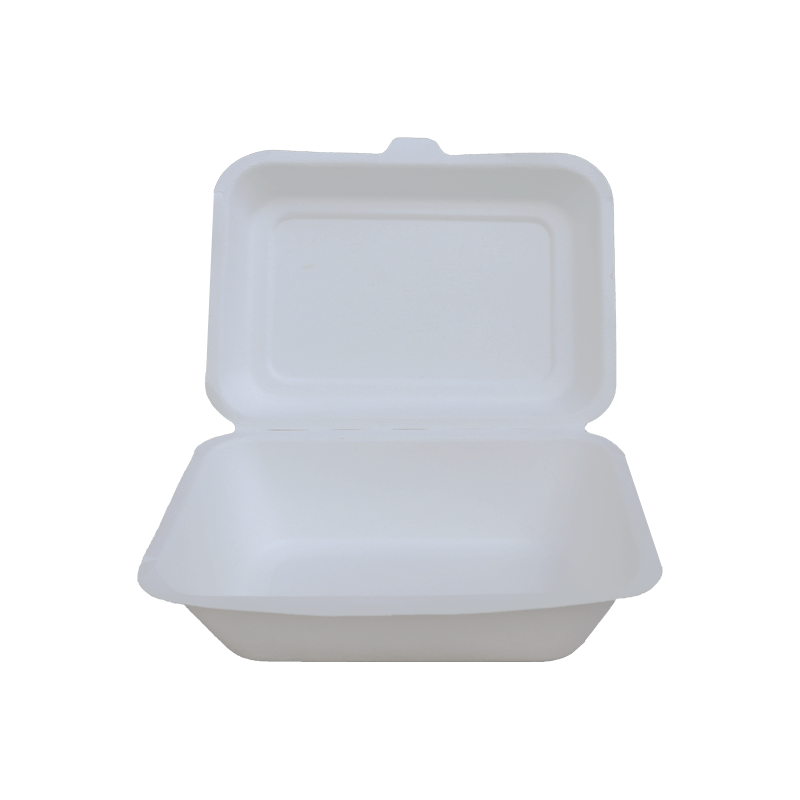
7 x 5 inch Rectangle bagasse clamshell, white
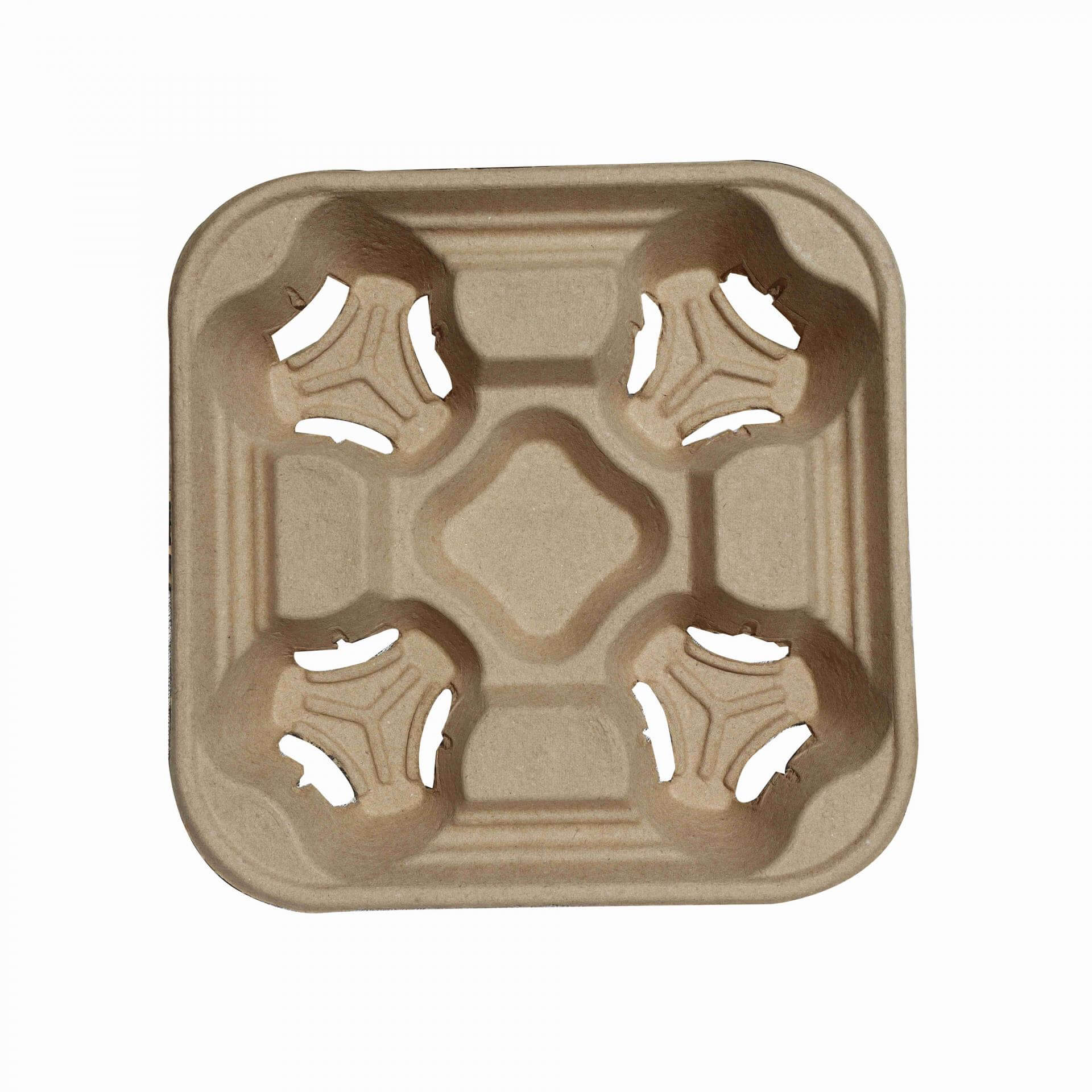
Corrugated pulp disposable 4 cup holder tray takeaway carrier
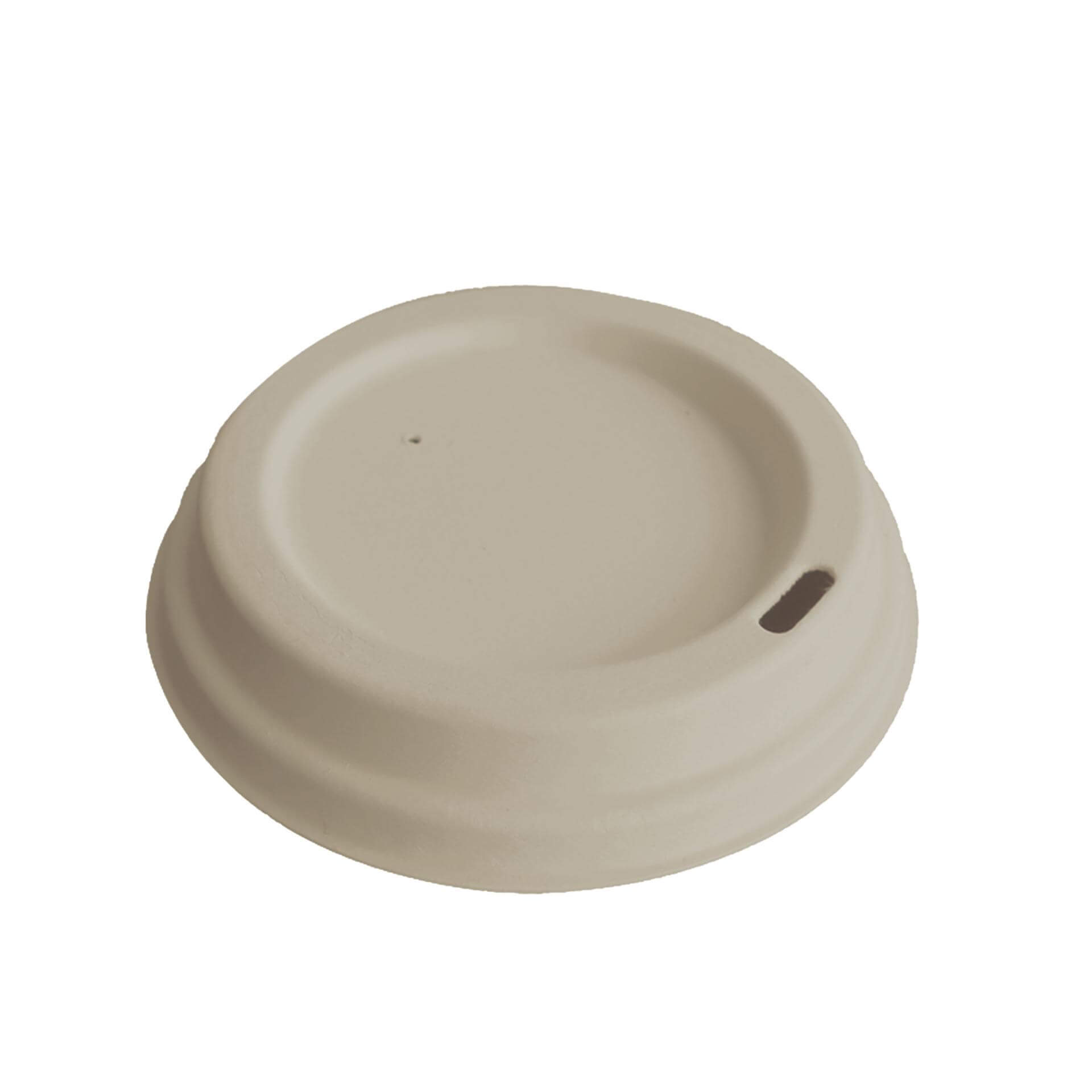
90mm natural brown sugarcane pulp sip lid, round design
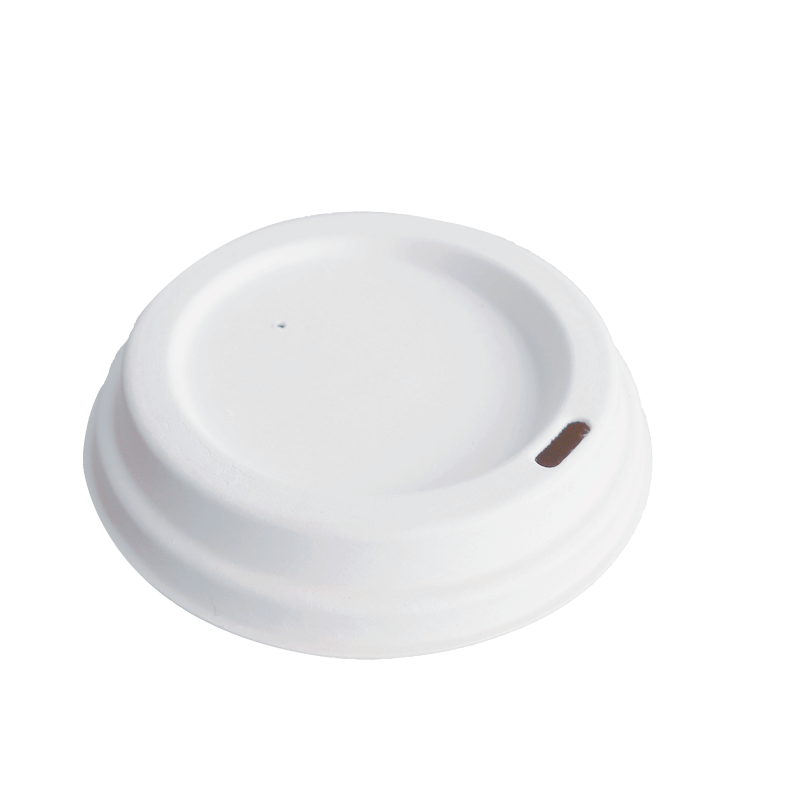
90mm White sugarcane pulp sip lid, round design
